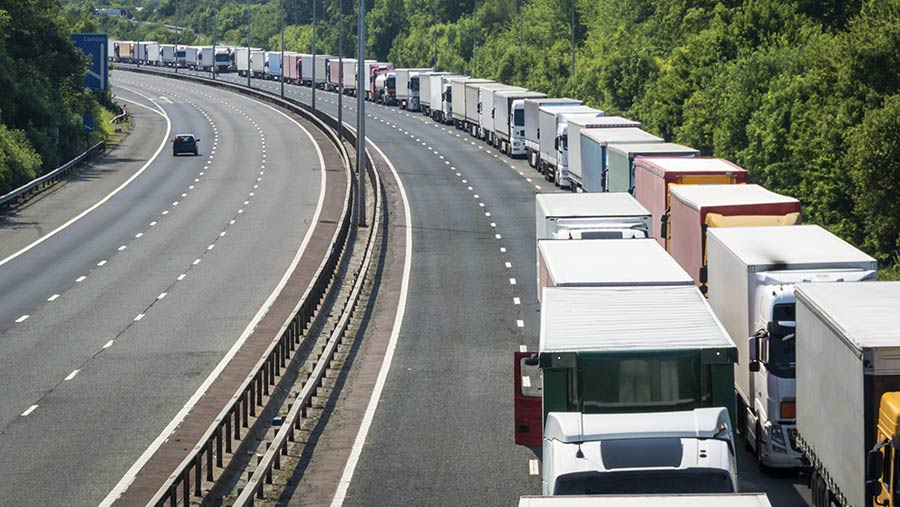Government must level playing field for food exports, say MPs
 © Adobe Stock
© Adobe Stock The UK government must take urgent action to resolve ongoing non-tariff trade barriers for food exporters to the EU, a cross-party group of MPs has warned.
A new Environment, Food and Rural Affairs (Efra) select committee report (PDF) has concluded that since the end of the transition period and the introduction of the Trade and Co-operation Agreement (TCA) with the EU, new barriers on seafood and meat exports have been damaging for UK food exporters.
See also: Post-Brexit EU meat exports down 52% year-on-year
Despite overcoming initial “teething problems”, the new barriers small and medium-sized seafood and meat export businesses face could render them unviable, and factories and jobs may relocate to the EU, the report warns.
After months of tense negotiations, the European Parliament voted overwhelmingly on Wednesday 28 April to ratify the TCA, which had been in place provisionally since 1 January, but had to be approved legally before the end of April deadline.
MEPs had delayed signing the accord amid concern the UK had not been implementing part of the Withdrawal Agreement by not enforcing some checks on goods between Northern Ireland and Great Britain.
Reduce barriers
Neil Parish, chairman of the Efra committee, said now that the deal had been signed, it was imperative for the UK government to reduce the serious barriers that remain for UK food exporters.
“British businesses have acted with incredible agility and perseverance to adapt to the new processes for exporting meat and seafood to the EU,” said Mr Parish.
“With the many checks causing delays and costs, this hasn’t been easy. We are concerned that in the absence of equivalent checks for imports from the EU to Great Britain, there will be serious long-term repercussions for our producers.
“As it stands, the playing field is not even, and the government must ensure that the new timetable to introduce import checks is adhered to.”
To ease export burdens, the Efra report makes several recommendations to government, including the urgent need to agree with the EU electronic certification of paperwork, such as export health certificates.
Equivalence needed
NFU Scotland chief executive Scott Walker said UK government delays on introducing sanitary and phytosanitary (SPS) checks on EU imports must also be addressed.
“Insufficient priority has been given by the UK government to agreeing equivalence measures with the EU on SPS, and a pragmatic approach must now be taken,” he added.
Meanwhile, Nick Allen, chief executive of the British Meat Processors Association, said the cost of exporting food has gone up “considerably”, with most UK meat exporters facing “an extra £1,000” to send a lorry through the port.
Smaller exporters are struggling with a “monster of a system”, with 29 different processes to follow, and small businesses will have to “give up” unless current checks are simplified, he added.
